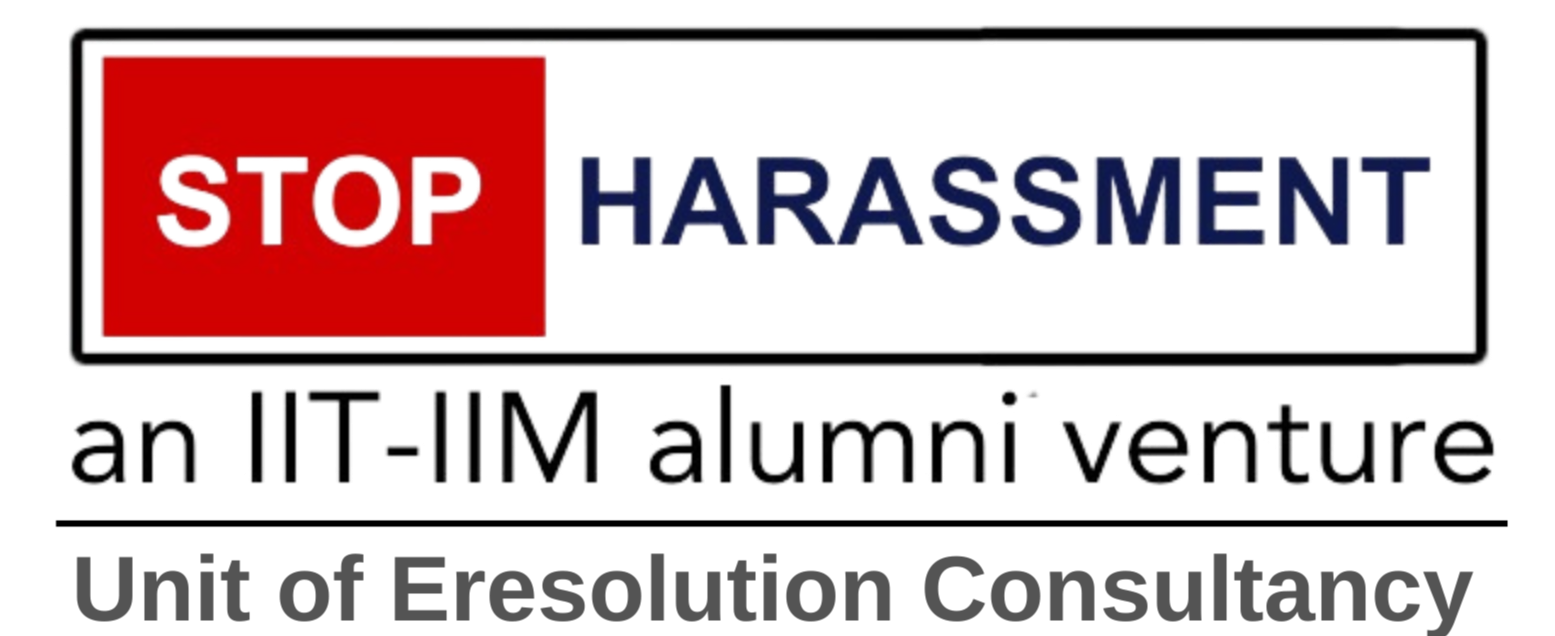· Credit Score · 3 min read
Strategies to Maintain a Healthy Credit Score After Loan Settlement
Learn practical strategies to maintain and rebuild your credit score after a loan settlement. Discover the legal implications, tips for credit recovery, and steps to ensure accurate credit reporting.

Loan settlement is often a relief for borrowers struggling to repay their debts. However, it can leave a dent on your credit score, impacting your ability to secure future loans or credit facilities. In this blog, we’ll discuss practical steps to safeguard your credit score post-settlement and explore the legal aspects you should be aware of.
What is Loan Settlement?
Loan settlement occurs when a borrower and the lender agree on a reduced payment to close the loan. While it prevents the loan from being classified as a default, the settlement is reported to credit bureaus and marked as “settled.” This can lower your credit score, signalling future lenders that you didn’t repay the full amount.
Legal Implications of Loan Settlement
Credit Reporting Standards:
As per the Reserve Bank of India (RBI) guidelines, lenders are required to report the status of settled loans to credit bureaus like CIBIL. This ensures transparency but can negatively impact your creditworthiness.No Harassment from Creditors:
Once a loan is settled, creditors cannot legally pursue further recovery for the remaining amount. Borrowers have a right to demand a “No Dues Certificate” as proof of settlement.Legal Recovery Options:
If you have secured loans (like a home or vehicle loan), creditors may initiate legal proceedings to recover dues before agreeing to a settlement. Ensure you fully understand the settlement terms and get them in writing.
How to Avoid a Bad Credit Rating After Loan Settlement
Negotiate Favourable Terms
Request the lender to report the settlement as “settled” instead of “default.”
A settled status has a less damaging impact on your credit score compared to default.
The RBI mandates fair reporting; if your lender misreports, you can file a dispute with the credit bureau.
Obtain a No Dues Certificate
After settling your loan, get a written acknowledgment from the lender stating you owe nothing further.
This protects you from future claims and ensures that your credit report reflects the settlement accurately.
This document can be used as evidence if disputes arise later.
Regularly Check Your Credit Report
Review your credit report to confirm that the settlement is accurately reflected and there are no errors.
Mistakes in reporting can further damage your score, and correcting them promptly is crucial.
Under the Credit Information Companies (Regulation) Act, 2005, you can dispute inaccuracies in your credit report.
Rebuild Your Credit Gradually
Start using small credit lines, such as secured credit cards or short-term loans, and repay them on time.
Timely payments rebuild trust with lenders and improve your credit score over time.
Ensure the interest rates and terms comply with RBI guidelines to avoid predatory lending.
Avoid Future Defaults
Maintain a realistic budget and avoid borrowing beyond your means. Create an emergency fund for unforeseen expenses.
Responsible financial behaviour reassures lenders and keeps your credit score intact.
Defaults can lead to legal action, such as property attachment or wage garnishment, depending on loan type.
Seeking Legal Help
If you face challenges post-settlement, such as incorrect reporting or harassment from creditors, consult a legal expert. They can guide you on consumer protection laws and help resolve disputes.
Conclusion
While loan settlement can temporarily affect your credit score, it doesn’t have to define your financial future. By negotiating favourable terms, monitoring your credit report, and adopting responsible financial practices, you can rebuild your credit health. Understanding the legal aspects of loan settlement empowers you to protect your rights and avoid unnecessary complications. Your credit score is a reflection of your financial habits. With patience and diligence, you can restore it and regain control of your financial journey.


 (Stopharassment) Chasing Dues the Right Way Understanding Legal Debt Recovery.CEsdngE0.jpg)
